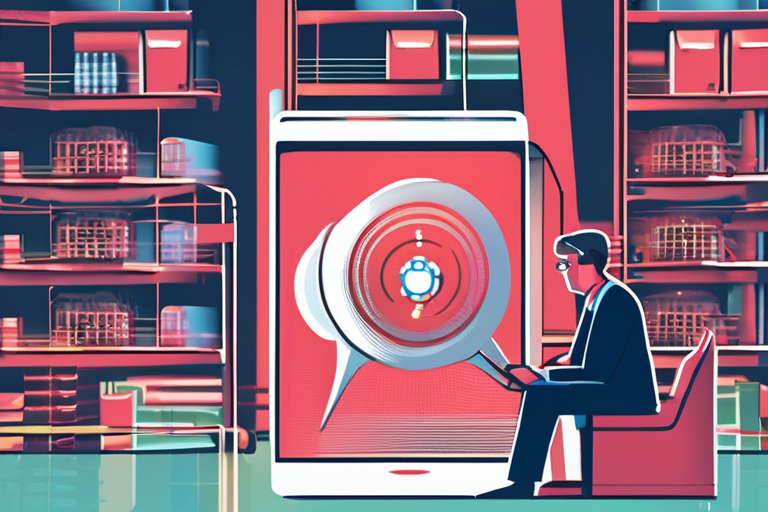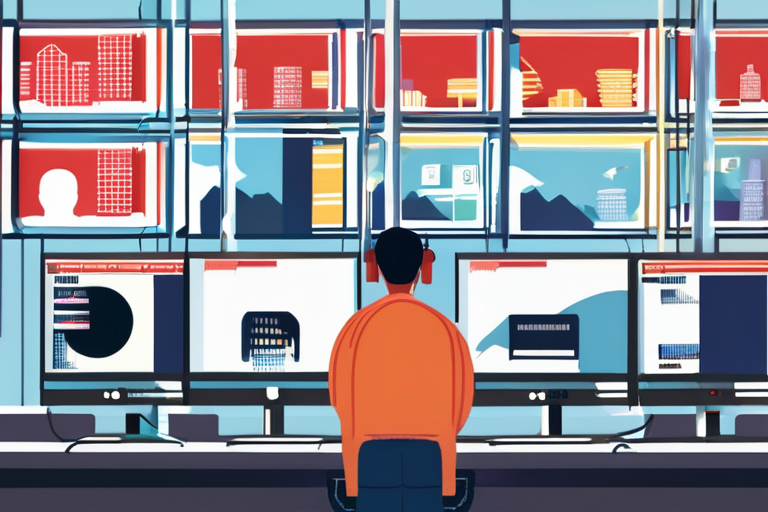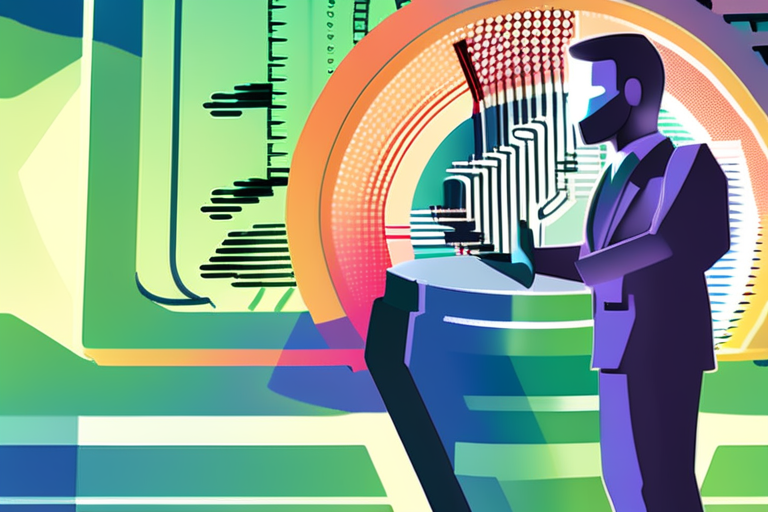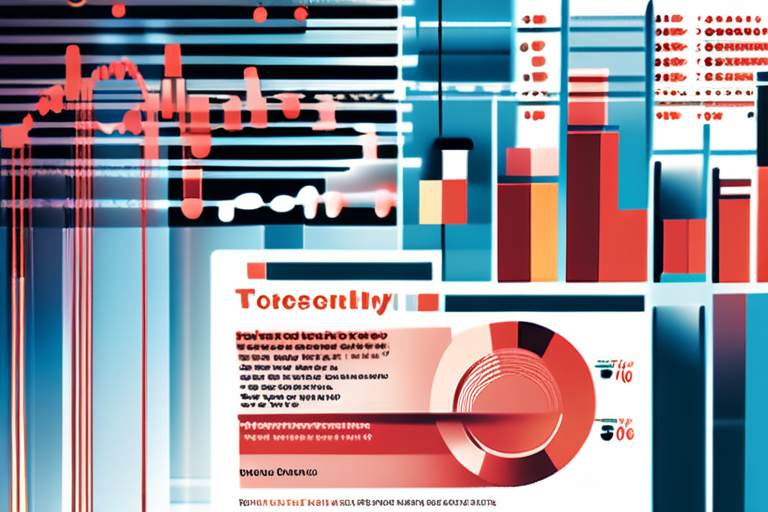Cybersecurity Professionals Under Pressure Turn to AI Amid Rising Threats
A new report from ISACA, a global association for IT governance, security, risk, and audit professionals, has revealed that cybersecurity experts are feeling increasingly stressed due to the complexity of the threat landscape. According to the survey, two-thirds of respondents said their roles are more stressful than five years ago, with 63% citing the complexity of today's landscape as the top stressor.
The report, which polled over 3,800 cybersecurity professionals, found that nearly half (47%) cited high stress as the primary reason for attrition. Furthermore, 43% of respondents believed an attack on their organization is likely in the next year, yet only 41% were confident regarding incident-response capabilities.
"We're seeing a perfect storm of factors contributing to the stress and burnout of cybersecurity professionals," said Dr. Diana Burley, ISACA's Chief Knowledge Officer. "The ever-evolving threat landscape, coupled with the pressure to stay ahead of emerging threats, is taking a toll on these critical workers."
The survey highlights the growing need for innovative solutions to address the rising threats in the cyber landscape. In response, many cybersecurity professionals are turning to artificial intelligence (AI) as a potential game-changer.
"AI has the potential to revolutionize the way we approach cybersecurity," said Dr. Burley. "By automating routine tasks and providing real-time threat detection, AI can help alleviate some of the pressure on cybersecurity teams."
However, implementing AI in cybersecurity requires significant investment in infrastructure, talent, and training. Moreover, there are concerns about the potential for bias in AI decision-making, which could exacerbate existing security risks.
The ISACA report emphasizes the need for a more comprehensive approach to cybersecurity, one that incorporates human expertise with AI-driven solutions. "We must recognize that AI is not a replacement for human judgment but rather a tool to augment and support our efforts," said Dr. Burley.
As the threat landscape continues to evolve, cybersecurity professionals are under pressure to stay ahead of emerging threats. With AI on the horizon as a potential solution, it remains to be seen whether this technology will live up to its promise or create new challenges for those on the frontlines of cyber defense.
Background and Context:
The ISACA report is based on a survey of over 3,800 cybersecurity professionals from around the world. The association has been tracking trends in the field for several years and has identified a growing need for innovative solutions to address the rising threats in the cyber landscape.
Additional Perspectives:
Industry experts agree that AI has the potential to revolutionize the way we approach cybersecurity. "AI can help us stay ahead of emerging threats by providing real-time threat detection and automation of routine tasks," said Dr. Burley.
However, there are also concerns about the potential for bias in AI decision-making, which could exacerbate existing security risks. "We must be careful not to automate away human judgment and oversight," said an industry expert who wished to remain anonymous.
Current Status and Next Developments:
As the threat landscape continues to evolve, cybersecurity professionals are under pressure to stay ahead of emerging threats. With AI on the horizon as a potential solution, it remains to be seen whether this technology will live up to its promise or create new challenges for those on the frontlines of cyber defense.
In the coming months, ISACA plans to release additional research and guidelines on implementing AI in cybersecurity. The association is also working with industry partners to develop standards and best practices for AI-driven security solutions.
Sources:
ISACA Report: "Cybersecurity Professionals Under Pressure"
Dr. Diana Burley, ISACA's Chief Knowledge Officer
Industry expert (anonymous)
*Reporting by Fortune.*



 Hoppi
Hoppi

 Hoppi
Hoppi

 Hoppi
Hoppi

 Hoppi
Hoppi

 Hoppi
Hoppi

 Hoppi
Hoppi











